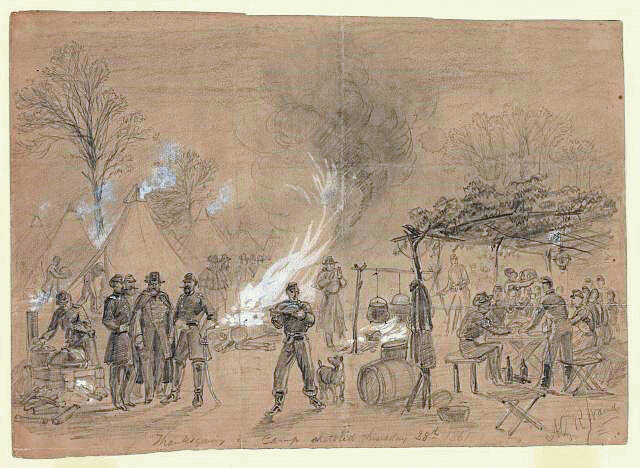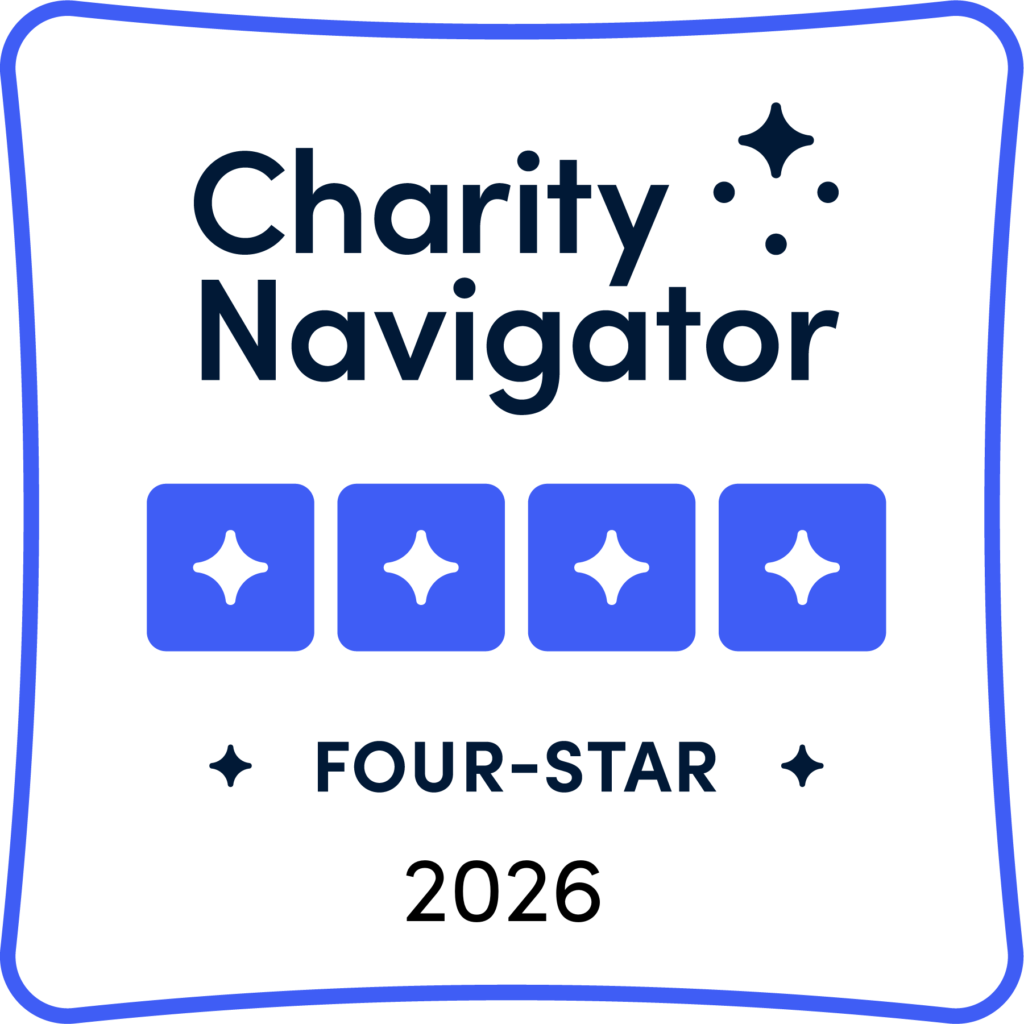
While Thanksgivings present so often involves friends, family, food and football, our visions of Thanksgivings past likely hearken back to the pilgrims and Native Americans at Plymouth. How many of us think of Gettysburg when someone mentions Thanksgiving? Just me? Yikes!
In recognition of the Federal victories at Gettysburg and Vicksburg in July 1863, Abraham Lincoln issued a proclamation calling for a national day of thanksgiving, praise and prayer on the last Thursday of November. Lincoln implored the nation to lift up those “widows, orphans, mourners or sufferers in the lamentable civil strife in which we are unavoidably engaged.”
While the sentiment was perhaps Lincoln’s, the proclamation instead was penned by his Secretary of State, William Seward.
Pittsburgh celebrated this “First Thanksgiving” in grand style on Nov. 27, 1863 (it wasn’t until Dec. 26, 1941, that Franklin D. Roosevelt signed a resolution passed by both houses of Congress, making the fourth Thursday in November a federal holiday — Thanksgiving Day).
Dinners were held at three locations for those soldiers stationed or convalescing in Pittsburgh. The General Hospital, home to some 250 sick soldiers, was decorated in evergreens, flags and flowers, while the soldiers feasted on a lunch of roasted turkeys, chickens, cakes, pies, fruit and oysters for dinner. Churches across the city were filled to overflowing, and collections were taken up for the soldiers and the poor. The Pittsburgh Daily Gazette observed that “the boys had a good time, eating, drinking, and merrymaking — and all joined in expressing their warmest thanks for the kindness shown them.”
Is Thanksgiving today really so different?
As curator of the Captain Thomas Espy Post, I have much to be thankful for this year. A hybrid of virtual and in-person meetings for our popular 2nd Saturday Civil War Series has continued our ongoing discussion on the history and legacy of the Civil War. Our Nov. 13 talk featuring historian Tom McMillan saw the largest attendance of the year, an encouraging sign as we hopefully turn the corner in the ongoing pandemic. Our series returns Jan. 8, 2022, with Morgantown physician Dr. Matthew Lively discussing the autopsy performed on Abraham Lincoln following his assassination. Thank you to everyone who continues to make this series a success.
While covid tempered any visitation expectations for the Espy Post in 2021, I have been amazed by the hundreds of first-time and return visitors who found us throughout the year. Local families who shepherd their out-of-town visitors, schoolteachers who use the Espy Post in their curriculum and descendants of Espy Post veterans all remind us that this history remains relevant. Out-of-state tour groups demonstrate the Espy Post truly is a national treasure.
If you haven’t visited, the Espy Post would be a great place to catch your breath during the busy holiday season.
I am also thankful for our dedicated crew of Espy Post docents. These individuals selflessly give their time each Saturday to share the stories and artifacts entrusted to us from the veterans who called the Espy Post home. They help bring history to life on our hilltop. Interested in joining the docent corps? Contact me at Andrew Carnegie Free Library & Music Hall.
The coming year promises to be an exciting one for the Andrew Carnegie Free Library & Music Hall and the Captain Thomas Espy Post.
Aaron Copland’s Lincoln Portrait returns to the Music Hall on Presidents Day, Feb. 21, featuring mezzo-soprano Marianne Cornetti of the Pittsburgh Festival Opera, and Duquesne University’s Wind Symphony under the baton of Dr. James Gourlay. Our 2nd Saturday Civil War Series has a slate of outstanding authors and historians. Our biennial Civil War Symposium returns on April 9, featuring five engaging historians. We hope you, dear reader, will join us at these events in 2022.
Happy Thanksgiving to you and yours!
Jon-Erik Gilot is the Espy Post Curator at the Andrew Carnegie Free Library & Music Hall.


